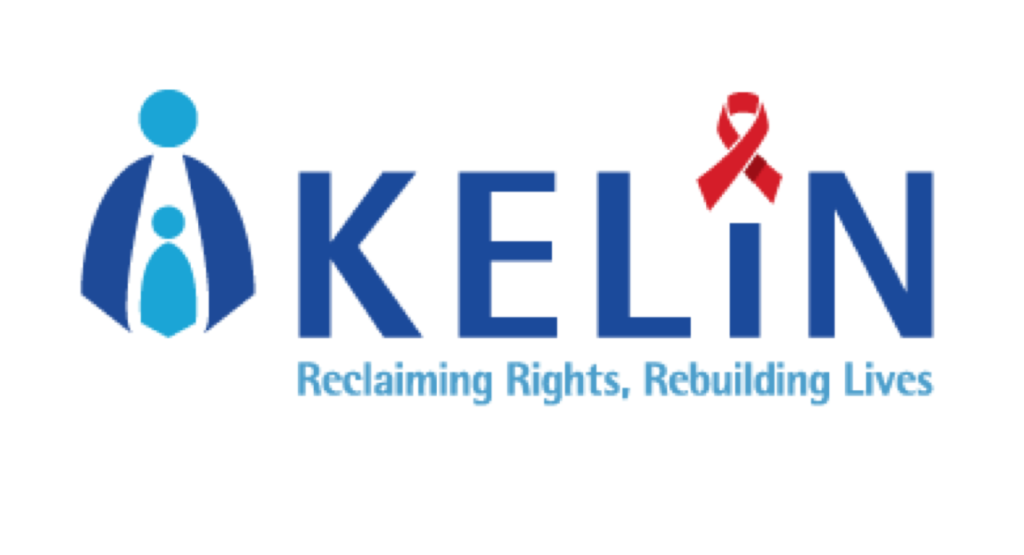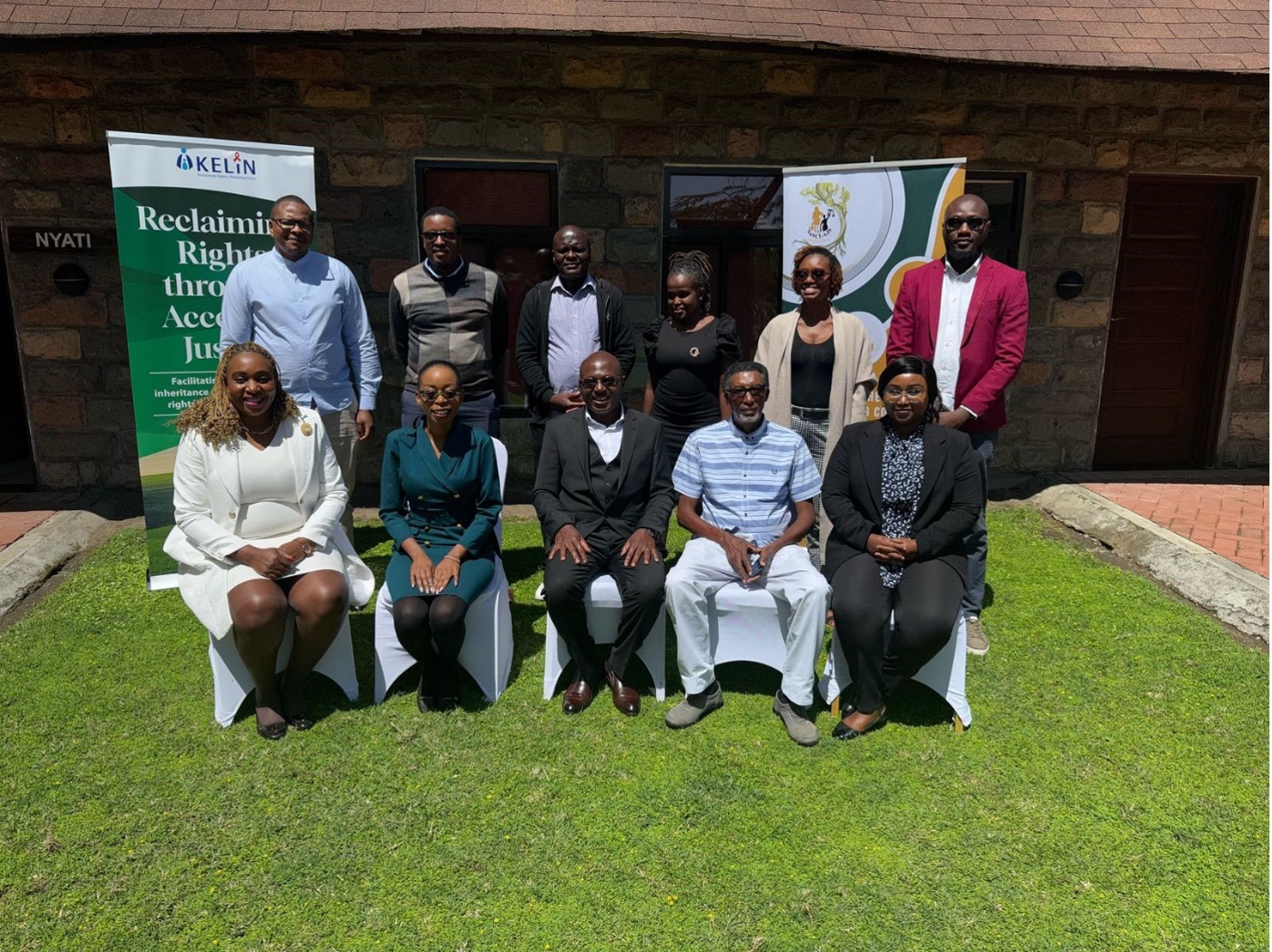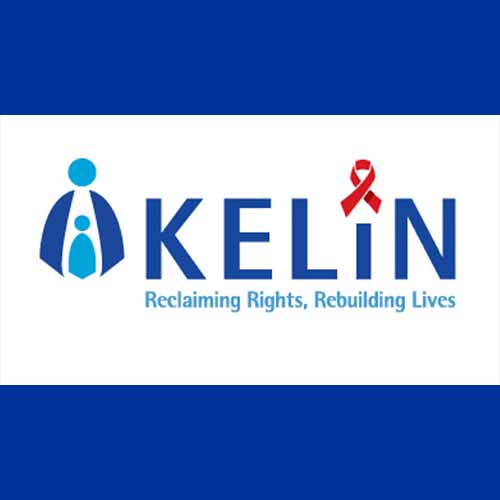On September 26, 2024, the High Court of Kenya in Kisumu heard the final arguments in a critical case involving the availability of ARVs and other essential medicines for people living with HIV. The case was brought forward by KELIN, AYARHEP, and the Katiba Institute following nationwide stockouts in 2021 that left many without access to necessary treatment.
The petitioners argued that the Kenyan government, specifically the Ministry of Health and the Kenya Medical Supplies Agency (KEMSA), has a duty to ensure that people living with HIV receive proper care. This includes providing essential items like condoms, viral load tests, medicines to prevent HIV transmission, and pediatric ARVs for children. They emphasized that the stockouts not only violated the right to health but also impacted other fundamental rights like dignity, life, and access to critical health information.
One of the most alarming issues brought before the court was that the shortage of these life-saving medications was linked to corruption at KEMSA, directly affecting the ability of people living with HIV to get their medications. This led to a significant step backward in healthcare access, particularly for vulnerable groups such as women and children.
Women were disproportionately affected by the ARV stockouts, especially breastfeeding mothers. Without access to viral load testing and necessary prophylactic medicines, many were forced to stop breastfeeding early to protect their babies. This situation worsened for women from low-income families who could not afford private healthcare alternatives.
The petitioners were supported by the Network of TB Champions, who stressed that the shortage of TB testing kits and medicines also posed a major risk. TB is the leading cause of death for people living with HIV, so the lack of testing and treatment options increased the threat to their lives.
Professor Walter Jaoko, appearing as a friend of the court, provided expert testimony on the medical standards of care required for people living with HIV. He urged the court to hold the government accountable not just for creating policies but for ensuring that those policies are implemented effectively to protect public health.
While the petitioners presented strong arguments, the Attorney General, Ministry of Health, and KEMSA did not attend the court session. The court will rely on their written submissions instead. A judgment is expected on January 30, 2025.
Community members affected by the stockouts are hopeful that justice will be served. One petitioner, FA, expressed relief at finally having her voice heard, stating, “I am happy that I have been able to tell the story of my suffering in accessing suitable medication for my son in court, and I hope that the court ensures that such a situation does not happen again.”
Mary A., another community member, echoed this optimism: “I am hopeful that justice will finally be delivered for people living with HIV and our children in ensuring access to life-saving essential medication. I eagerly await the judgment.”
PLEASE NOTE: The Petitioners request that their names and identities should not be disclosed in the media to protect them from further stigma and discrimination on the basis of their HIV status. They are therefore not available to give interviews.
To contribute to the discussions on this forum, follow KELIN on our social media platforms: @KELINKenya using the hashtag #Justice2Health.
For more information:
Nyokabi Njogu
Advocate for the 1 – 6th Petitioners
Kuwinda Lane, off Lang’ata Road, Karen C
P.O. Box 112 – 00202 KNH Nairobi
Tel: +254 790 111578
www.kelinkenya.org/case-tracker
Resources
Filing Copy Further Affidavit – Petition E008 of 2023 Kisumu


